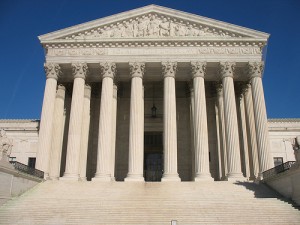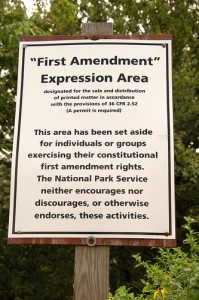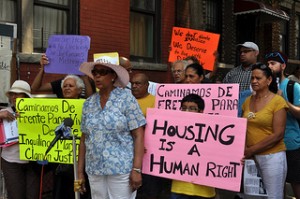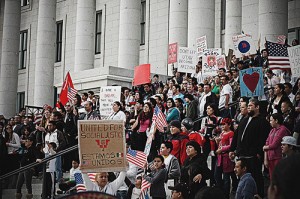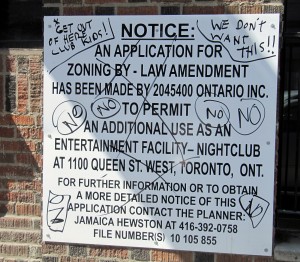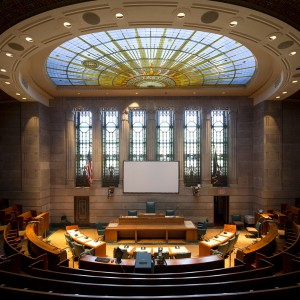Seventh Circuit: RLUIPA Does Not Mandate That County Allow Camp in Residential Area
Posted
04 Nov 2013 in Case Notes
Eagle Cove believed that its religion required it to hold its Bible camp in only one place: on its lake-side property in Oneida County, Wisconsin. But the County had zoned the property for residential use only.
When Eagle Cove asked the County to re-zone the property, the County refused.
When Eagle Cove asked for a conditional use permit so that it could hold the Bible camp anyway, the County denied that too. Did the County's denials violate the Religious Land Use and Institutionalized Persons Act? In Eagle Cove Camp & Conference Center v. Town of Woodboro, No. 13-1274 (Oct. 30, 2013), the Seventh Circuit said "no." It affirmed the grant of summary judgment for the County and for the Town of Woodboro.
No Total Exclusion
One provision of RLUIPA provides that
Did the County's denials violate the Religious Land Use and Institutionalized Persons Act? In Eagle Cove Camp & Conference Center v. Town of Woodboro, No. 13-1274 (Oct. 30, 2013), the Seventh Circuit said "no." It affirmed the grant of summary judgment for the County and for the Town of Woodboro.
No Total Exclusion
One provision of RLUIPA provides that




